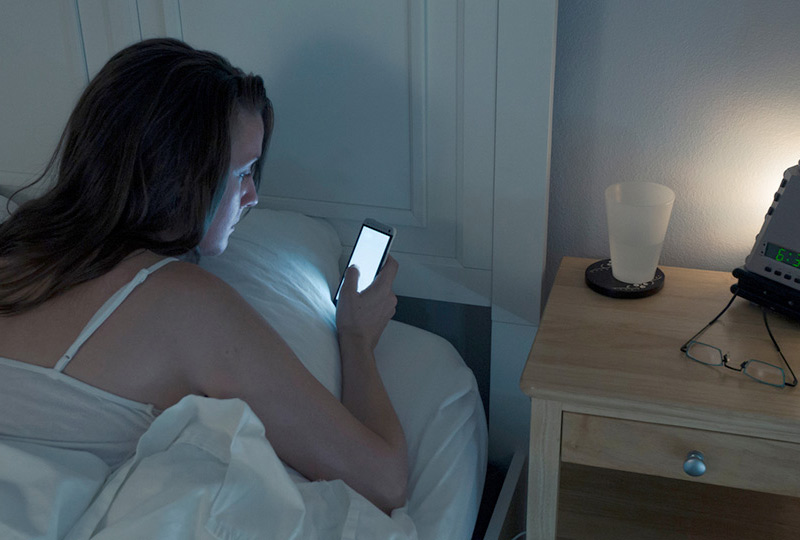Always tired? Too little sleep causes worse problems than grogginess.
If parties, travel or work cost you sleep in recent weeks, you’re probably feeling the effects. Fatigue, weight gain, the sniffles — lack of sleep contributes to all of them.
Time to focus on your “sleep hygiene.” The National Sleep Foundation provides information to consider:
Sleep deprivation is a common and expensive problem in our culture
Between 50 million and 70 million U.S. adults are estimated to have some type of sleep or wakefulness disorder. There are many types of sleep disorders:
- Insomnia
- Sleep apnea
- Sleepwalking
- Bedwetting
- Nightmares or night terrors (the latter are common in young children)
- Restless legs syndrome
- Snoring
- Narcolepsy
Healthcare expenses and lost productivity from poor sleep cost billions of dollars every year. Drowsy drivers cause at least 100,000 automobile crashes annually in the U.S.
Sleep shouldn’t be a low priority
Sleep shouldn’t be the thing you willingly sacrifice when work, family or other demands (the latest “Homeland” episode?) require time and attention. Sleep is an essential component of good health. Getting enough sleep may help the body recover from illness and injury. Not getting enough sleep over a period of time is linked to such serious health problems as obesity, diabetes and heart disease.
The mental benefits of sleep are also important
Sleep problems can make daily life feel more stressful and less productive. Some people with chronic difficulty sleeping (insomnia) are more likely to have mental health problems such as depression. In a research survey, people with inadequate sleep had trouble doing tasks involving memory and learning.
Sleep needs vary from person to person, but most healthy adults need 7 to 9 hours per night. You may need more or better sleep if you:
- Have trouble staying alert (or even awake) during quiet activities.
- Are irritable with coworkers, family, or friends.
- Have trouble concentrating or remembering facts.
Good sleep is a matter of habit
Often, getting more or better zzzzzs is a matter of habit, regularly going to bed early enough to allow the sleep you need. Other ways to practice good “sleep hygiene”:
- Limit or avoid caffeine in the afternoon and evening.
- Turn off electronic devices for a while (20 to 30 minutes) before bedtime, to clear your brain of their stimulating effects.
- Be sure your bedroom is at a comfortable temperature and is as dark as possible at night.
- If your mind races with worries or “to-dos,” try writing them down before bedtime, or when they wake you in the wee hours. Then tell yourself you won’t forget something important because it’s down on paper.
- Get regular exercise, but not in the hour or two before bedtime.
- If you have trouble relaxing enough to fall asleep, try deep breathing, yoga or meditation. Google or the public library can provide many books, videos and apps to teach you these techniques.
- If noises — your partner’s snoring? loud neighbors? — frequently wake you, try wearing ear plugs or using a white-noise machine to mask the sound.
For those who still can’t get enough quality sleep, many types of doctors can treat sleep problems, including those specializing in: internal medicine, pediatrics, family practice, pulmonary medicine, neurology, psychiatry or otolaryngology.
Vanderbilt’s Sleep Center can help. You can also find a health care provider certified in sleep medicine by the American Board of Sleep Medicine. Talk with your health care provider about finding a sleep disorder program.

